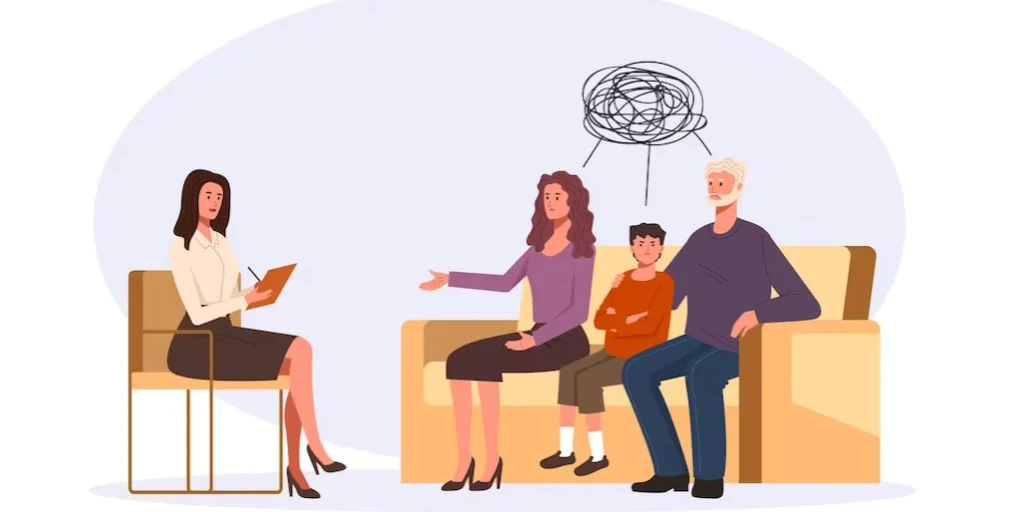24/7 Helpline:
(866) 899-221924/7 Helpline:
(866) 899-2219
Learn more about Fentanyl Detox centers in Scott County
Other Categories in Scott County

Other Insurance Options

Excellus

United Health Care
Beacon

Health Net

Holman Group

Health Partners

Evernorth

Oxford

Private insurance

AllWell

Absolute Total Care

Magellan Health

Group Health Incorporated

Optum

Horizon Healthcare Service

Humana

Access to Recovery (ATR) Voucher

Carleon

Sliding scale payment assistance

Cigna

Haven Chemical Health Systems
Haven Chemical Health Systems is a private rehab located in Shakopee, Minnesota. Haven Chemical Heal...

BHSI Shakopee
BHSI Shakopee is a private rehab located in Shakopee, Minnesota. BHSI Shakopee specializes in the tr...

Scott County Mental Health Center
Scott County Mental Health Center is a public rehab located in Shakopee, Minnesota. Scott County Men...

NorthStar Regional – Men’s Residential
NorthStar Regional–Men’s Residential is a behavioral and mental health care facility for adult men i...






































AA – Alcoholics Anonymous
AA – Alcoholics Anonymous is a private rehab located in Prior Lake, Minnesota. AA – Alcoholics Anony...

Lifestyle Counseling
Lifestyle Counseling is a private rehab located in Prior Lake, Minnesota. Lifestyle Counseling speci...

Reformers Unanimous – Addictions Recovery Program
Reformers Unanimous – Addictions Recovery Program is a private rehab located in Shakopee, Minnesota....

A Way Out Recovery
A Way Out Recovery is a drug and alcohol rehab in Shakopee, MN providing men with sober living optio...

Eastern Montana Mental Health
Eastern Montana Mental Health is a private rehab located in Jordan, Montana. Eastern Montana Mental ...
































